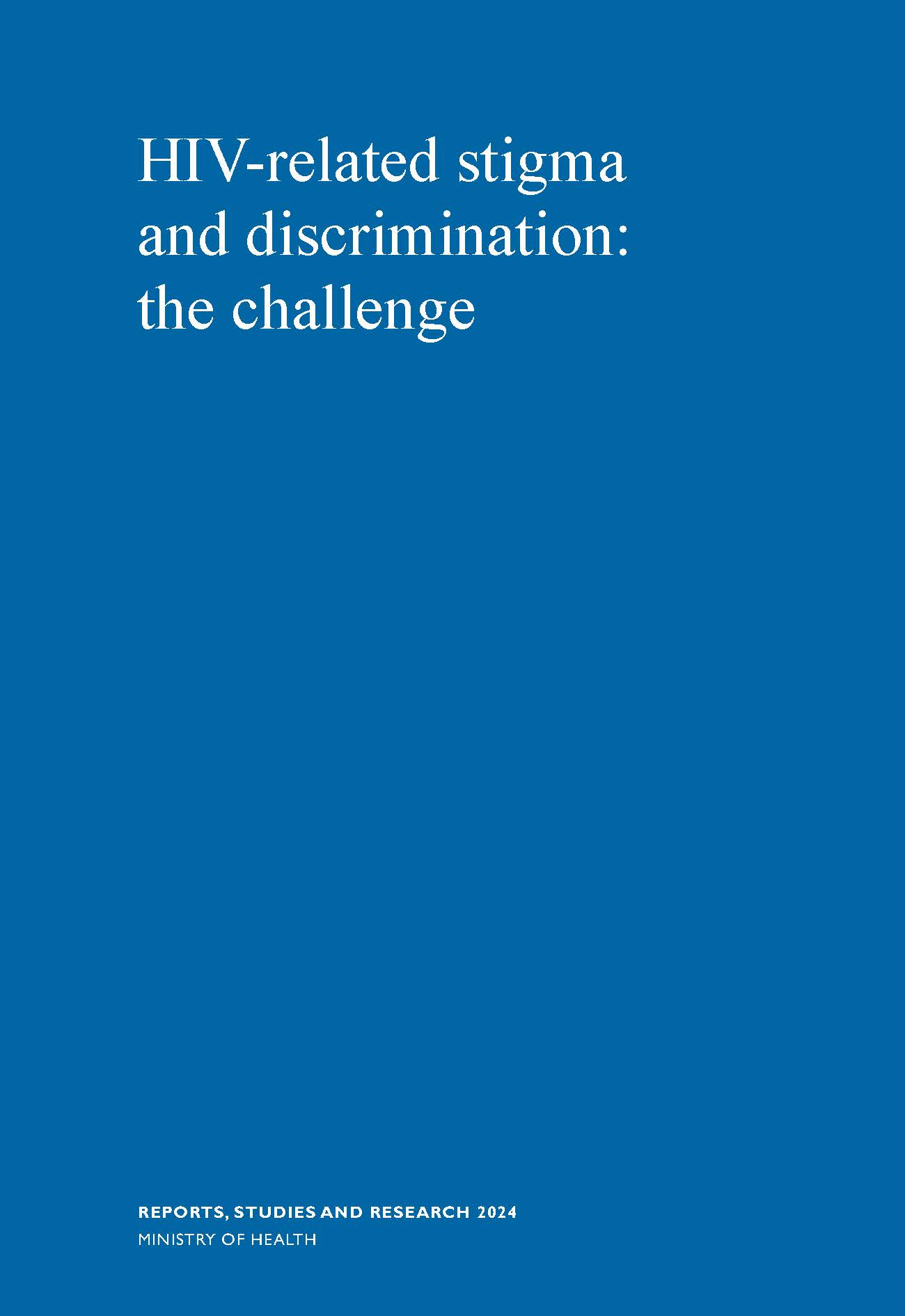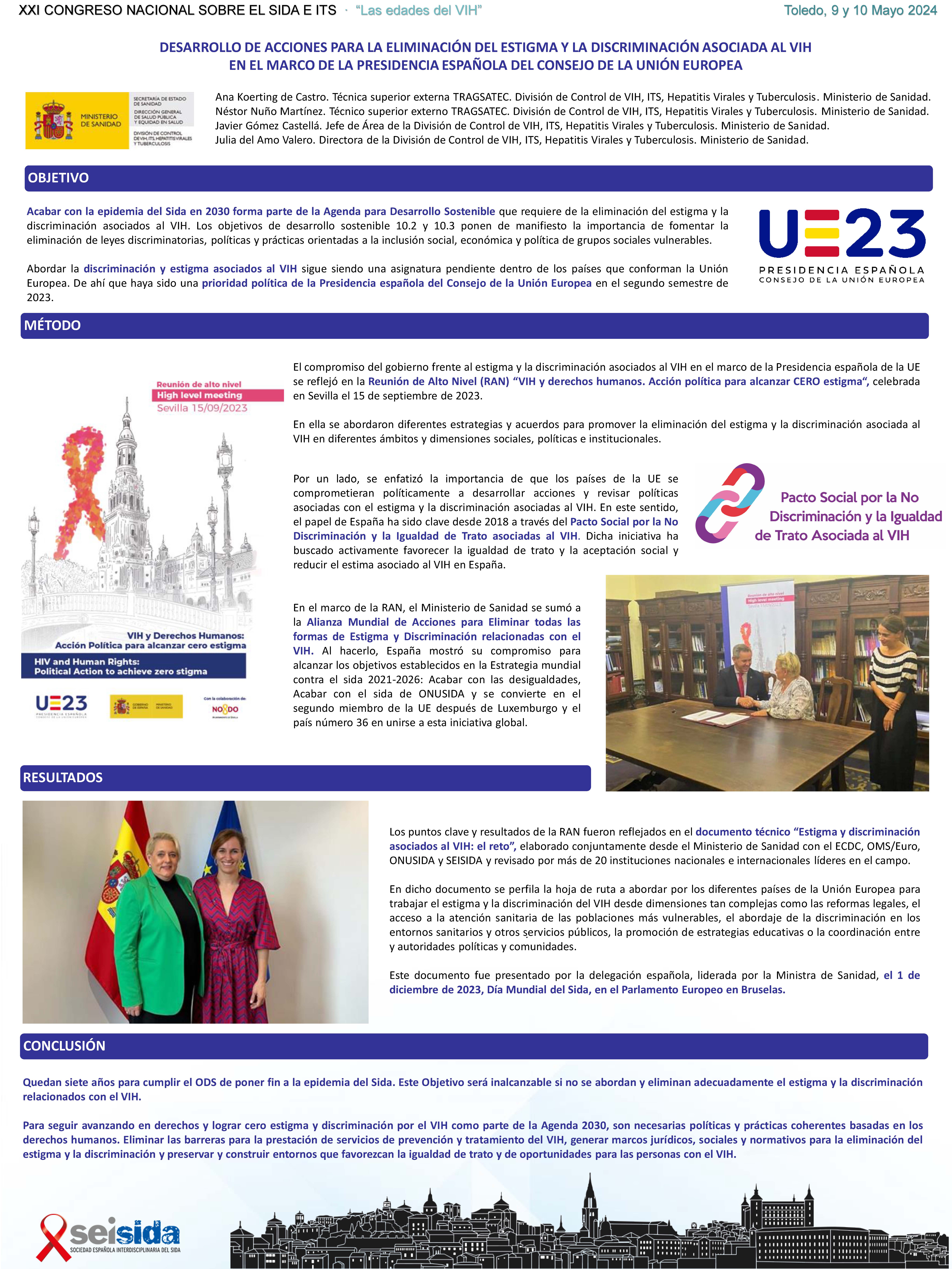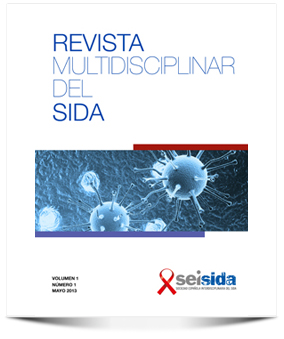Resum
Since the beginning of the human immunodeficiency virus (HIV) epidemic, stigma and discrimination have harmed people living with HIV and the communities most affected by the condition. HIV-related stigma has complex and negative consequences on the physical and mental health as well as the health-related quality of life of people living with HIV. While significant progress had been made in reducing HIV-related stigma and discrimination in recent decades, critical challenges still remain at the national and International levels. The Sustainable Development Goal 3.3 and the United Nations Political Declaration on HIV sets out the goal of ending the acquired immunodeficiency syndrome epidemic by 2030. Addressing this task means not just ending onward transmission, but also dismantling the human rights barriers that harm and leave
people living with HIV and other key populations behind. The elimination of HIV-related stigma and discrimination has been a political priority of the Spanish Presidency of the Council of the European Union in 2023. This report examines the different attempts and successes made by the member countries of the EU to eliminate HIV-related stigma and discrimination. In addition, it identifies key
areas and gaps to develop future policies and strategies at the European level






